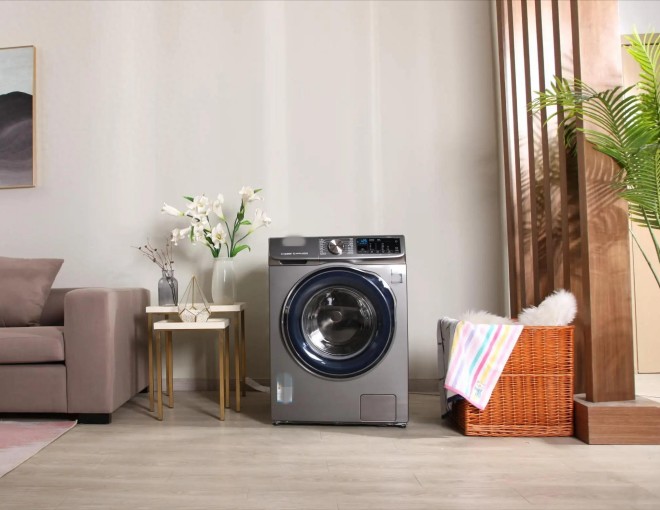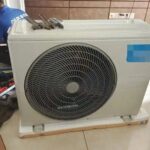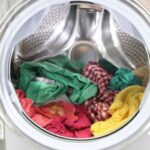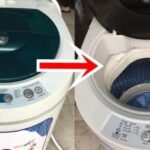The convenience of washing machines in modern households is undeniable, as they help reduce the physical effort and time spent on laundry, making your life easier. However, the wide variety of washing machines on the market, with different models, load capacities, and features, can overwhelm consumers. As a result, choosing the right washing machine for your family has become increasingly challenging.
I’ve purchased three washing machines, and due to my lack of experience, I ended up being dissatisfied with them and had to sell them at a loss to buy new ones. After these expensive lessons, I realized that when buying a washing machine, it’s essential to follow the rule of “4 don’t buys,” which I hope will be helpful to everyone.
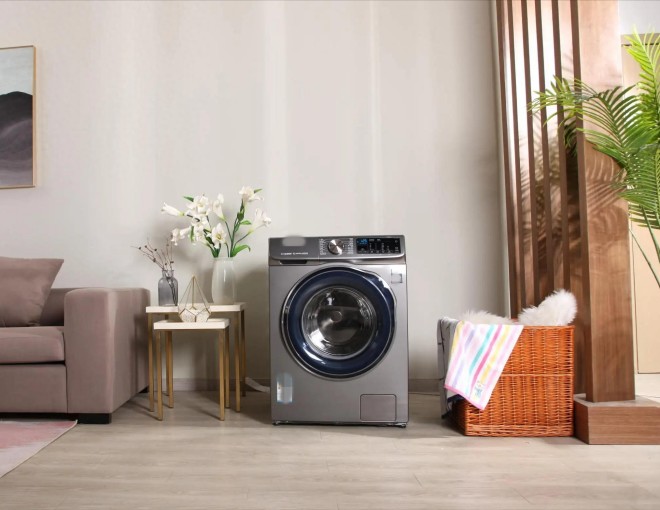
1. Avoid buying a washing machine with a small load capacity
The load capacity of a washing machine is usually clearly indicated on the machine itself. It is advisable not to buy a washing machine with a too-small load capacity because it may not meet the laundry needs of your family, especially if you have a large household or a lot of bedding.
Using a washing machine with a small load capacity may require you to divide your laundry into multiple loads, increasing electricity and water costs and taking up more of your time.
Therefore, if you have a large family or a large volume of laundry, it’s best to choose a washing machine with a larger load capacity to meet your family’s laundry needs efficiently and save time and effort. A 7-8 kg washing machine is considered small and is typically suitable for small families, such as young couples without children. If you have 3-5 family members, consider a 8-9 kg machine. For families with more than 6 members or a large volume of laundry, opt for a 10 kg or larger capacity machine.
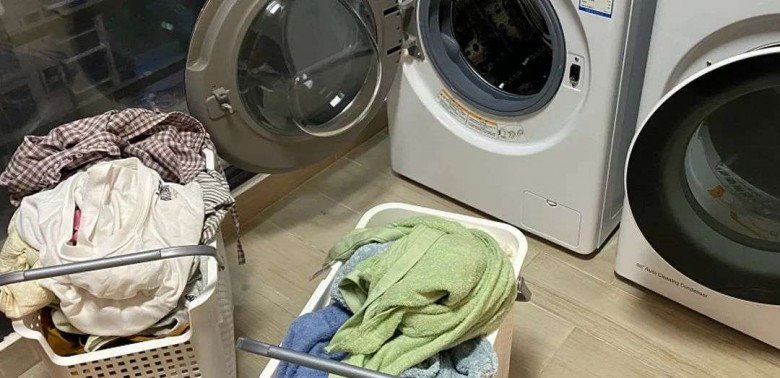
2. Avoid buying a washing machine with too many features
Nowadays, there are many smart washing machines on the market that offer various features such as remote control via a smartphone, lights inside the drum, and so on. However, having too many features can increase the price of the washing machine, and these features may not be commonly used in most cases.
For a typical household, the basic washing function is usually sufficient, and additional features are often considered luxuries that may not be worth the extra investment. Sometimes, these extra features may just be marketing gimmicks. While they may look appealing, they might not provide much practical convenience or improve your actual laundry experience.
Therefore, a smart choice is to focus on a washing machine that meets your fundamental needs without getting distracted by numerous fancy features. This will not only save you money but also avoid unnecessary complications, making the laundry process simpler and more efficient.
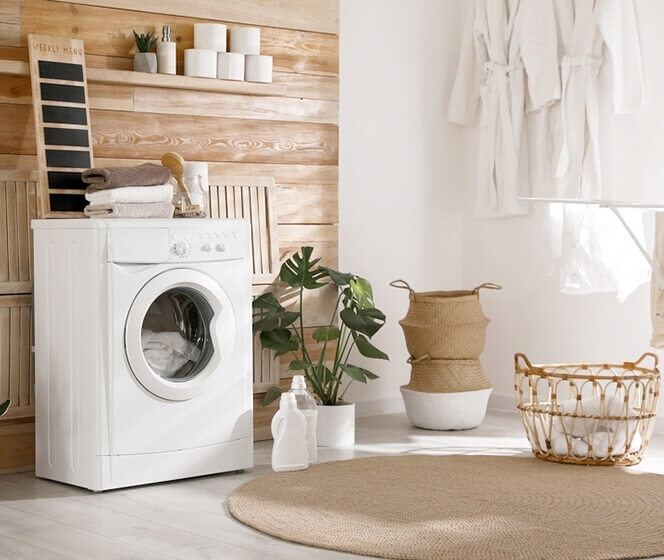
3. Avoid buying a combined washer-dryer
Some people believe that buying a combined washer-dryer will save them money compared to purchasing a separate washing machine and dryer. However, in reality, there isn’t a significant cost difference between buying two separate appliances, as the prices of standalone dryers have come down considerably.
Typically, combined washer-dryers on the market have a lower drying capacity than their washing capacity. For example, a machine with a 10 kg washing capacity may only have a 6-7 kg drying capacity. Therefore, users need to be mindful of this balance to avoid overloading the machine and causing malfunctions.
Since it is a 2-in-1 appliance, the washing and drying process takes longer, approximately 3 hours to complete all cycles, and it consumes more electricity than using separate machines. Moreover, most combined washer-dryers cannot completely dry clothes, leaving a residual moisture of about 5-10%. This means that you can’t fold your clothes immediately like you would with a separate dryer, and you’ll need to hang them to dry completely. So, consider this option carefully before making a purchase.
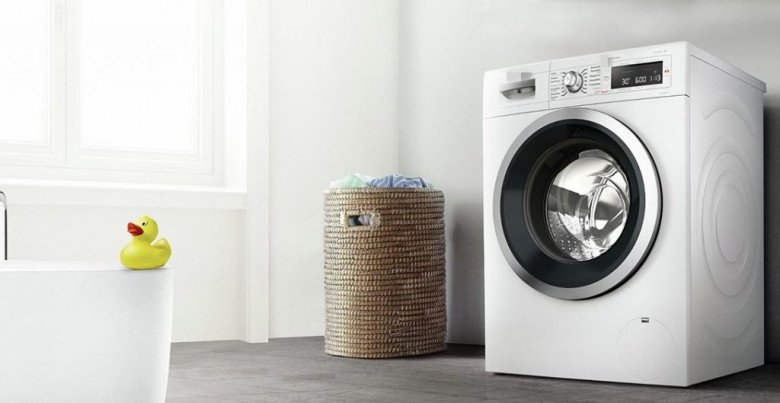
4. Avoid buying a washing machine without a reputable brand
Unbranded or generic washing machines may be cheaper, but they often lack quality and durability, leading to frequent breakdowns and causing inconvenience to users.
On the other hand, choosing a washing machine from a well-known brand is a wiser decision. The quality of these machines is assured, as they undergo rigorous quality control processes to ensure stability and longevity. Moreover, reputable brands usually offer better warranty policies, giving you peace of mind after your purchase.

